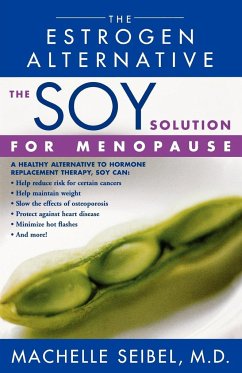Menopause is a natural biological process that marks the end of a woman's reproductive years. It is a significant transitional phase that brings about a multitude of physical and emotional changes in a woman's body. Central to these changes are the fluctuations in hormones that occur during this time. Understanding these hormonal changes during menopause is crucial for women's health, particularly for those navigating the menopausal and post-menopausal years. Estrogen, the primary female sex hormone, plays a vital role in a woman's reproductive system and overall health. During menopause, the production of estrogen gradually declines, leading to several symptoms such as hot flashes, night sweats, vaginal dryness, and mood swings. These symptoms can vary in intensity and duration from woman to woman. The shifting hormonal levels can also impact bone density, leaving women more susceptible to osteoporosis. Progesterone, another important hormone, also experiences a significant drop during menopause. It is responsible for regulating the menstrual cycle and preparing the uterus for pregnancy. As progesterone levels decline, menstrual periods become irregular and eventually cease altogether. This cessation of menstruation marks the official onset of menopause. Besides estrogen and progesterone, other hormones like testosterone and cortisol can also be affected during menopause. Testosterone, often associated with male hormones, is also present in women and contributes to libido, muscle mass, and bone density. Its decline during menopause may result in decreased sexual desire and reduced energy levels. Cortisol, the stress hormone, can become imbalanced during menopause, leading to increased stress levels, insomnia, and weight gain. Understanding these hormonal changes is essential for women's health during the menopausal transition. While menopause is a normal part of aging, the symptoms associated with hormonal fluctuations can significantly impact a woman's quality of life. It is crucial for women experiencing menopause to seek support and information to manage these changes effectively. Fortunately, there are various treatment options available to alleviate menopausal symptoms and promote overall well-being. Hormone replacement therapy (HRT) is one such option that can help balance hormone levels and reduce symptoms like hot flashes and vaginal dryness. Lifestyle modifications, including regular exercise, a healthy diet, stress management techniques, and adequate sleep, can also play a significant role in managing hormonal changes during menopause
Hinweis: Dieser Artikel kann nur an eine deutsche Lieferadresse ausgeliefert werden.
Hinweis: Dieser Artikel kann nur an eine deutsche Lieferadresse ausgeliefert werden.








